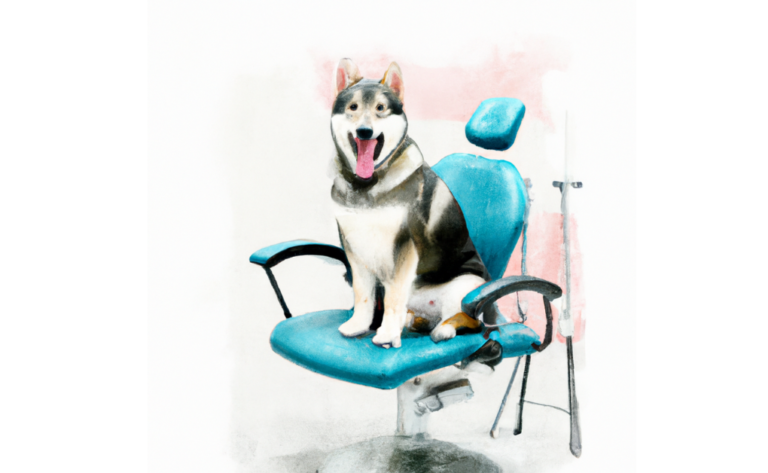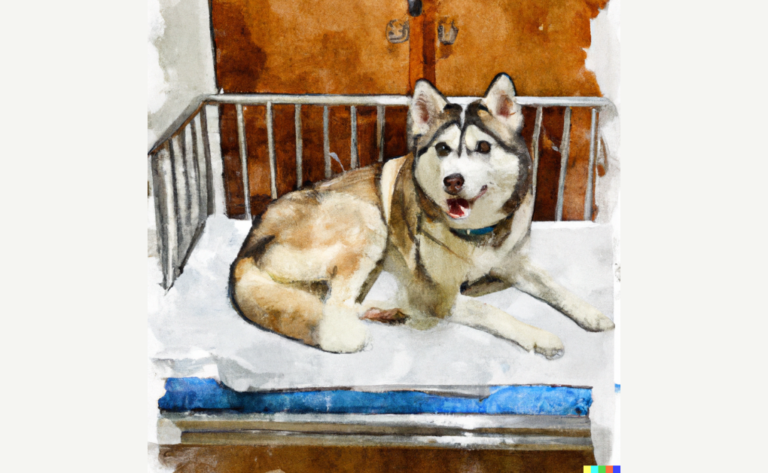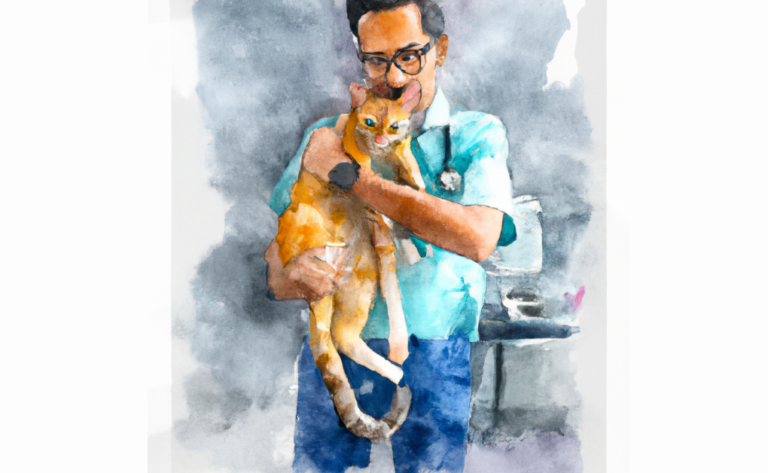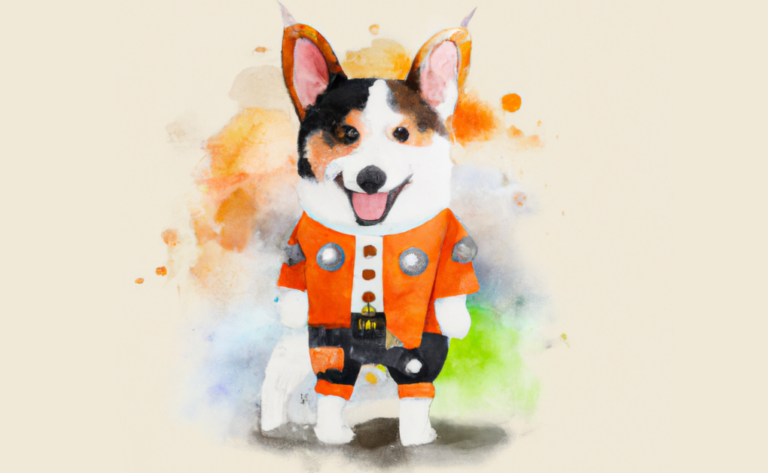New Hope for People and Pets Affected by Domestic Violence
Introduction
When Sarah rescued her sweet, timid dog, Bella, from the local shelter, she knew that her new furry companion had a troubled past. As they settled into their life together, it became increasingly clear that Bella was still haunted by the abuse she had suffered before finding her forever home. Determined to help her beloved pet heal, Sarah embarked on a mission to learn more about the impact of domestic violence on both pets and people.
Domestic violence is a serious issue affecting millions of people and their pets annually. Unfortunately, many domestic violence victims cannot escape the situation because they fear for their pet’s safety. Thankfully, victims of domestic violence may look forward to a brighter future.
In recent years, organizations have been created to help provide safe housing for people and their pets. These organizations offer temporary housing for victims of domestic violence and their pets, allowing them to escape the situation without fear of leaving their pets behind. Additionally, these organizations often provide resources such as counseling and legal assistance to help victims get back on their feet.
In addition to providing safe housing, many organizations are also working to raise awareness about the link between domestic violence and animal abuse.
Domestic Violence Affects Pets Too

Unfortunately, pets are often victims of domestic violence as well. They may be used as pawns in threats against their owners or be directly hurt by a violent partner. It’s estimated that 25% and 40% of households experiencing domestic violence also have family pets who suffer the consequences.
We’ve seen a surge in organizations to help people and pets affected by domestic violence. These organizations provide emergency veterinary care to injured animals, shelters for victims and their pets, housing assistance for those left homeless after an abusive relationship, rehabilitation support for humans and pets affected by the violence, and more.
These programs offer physical safety and peace of mind for families dealing with domestic violence. Knowing that an organization is willing to take them in and care for their beloved pet can provide great comfort when facing such a harrowing situation.
Understanding the Impact of Domestic Violence on People and Pets
Domestic violence affects not only people but also the pets in their households. Research shows that more than 80% of pet owners who have experienced domestic violence are too scared to leave their abuser because they fear leaving their pet behind. Often, abusers target family pets as a way to control and intimidate victims, so it is no surprise that victims face unique challenges in seeking help or safety due to their concern over the well-being of their pets if left behind.
Domestic violence has a profound effect on animals. Numerous studies show that the physical, psychological, and emotional harm inflicted on animals living in homes where domestic violence occurs often mirrors the damage done to human family members.
Animals commonly endure physical abuse when caught between an abuser and the intended victim. Abusers with aggressive tendencies often take their anger out on helpless creatures present in the home, such as pets, birds, or rodents. Distress signals from victimized animals can even attract further violent acts from perpetrators.
On an emotional level, several anxiety symptoms are observed in companion animals forced to witness tense and troubling environments, such as physical or verbal confrontations or heightened tensions in households saturated by hidden resentments and fears.
Pets may display anxious behavior, including significant changes in participating in physical activities like running away, cowering, or hiding in tiny spaces; shifts in adherence to regular house routines; destructive behaviors like chewing, scratching floors, walls, and furniture; disregard for environmental cues; sensory sensitivities manifesting through shying away from loud unmotivated noises, etc.
The Need for Supportive Services for Victims and Their Animals
Supportive services for victims and their animals are critical to those escaping domestic violence. Unfortunately, all too often, when faced with the choice between leaving or staying in an abusive relationship, people and their pets are either left behind by their abuser or can’t find services to help them through the transition.
One of the essential supports for domestic violence victims and their families is providing safety for the affected animals. Unfortunately, many shelters lack the resources to provide safe living conditions for a pet’s safe recovery. This is where specialized service organizations come in.
These organizations can provide emergency safe housing options for humans and companion animals as they escape abuse. They also can offer low-cost spay/neuter and other medical care, transport assistance, access to pet-friendly housing, educational support, behavior modification advice, Advocacy / Legal Support Services, basic obedience training classes, etc., helping victims move forward quickly. Such programs can significantly impact rebuilding broken lives after escaping violence.
How Organizations are Working to Provide Assistance to Those Affected by Domestic Violence
Organizations around the world are working to assist those affected by domestic violence. Organizations such as Futures Without Violence, The National Domestic Violence Hotline, Peace By Piece, Pets of Domestic Violence, and many more are taking on this vital task. In addition, these organizations work to raise public awareness about the prevalence and devastating effects of domestic violence for both people and animals.
They do this in a variety of ways, such as offering support services like counseling and legal advice to victims, providing temporary housing options for families with pets, and connecting survivors with pet rescue organizations that may be able to give their pets a safe home. At the same time, they find safety themselves and provide educational resources to prevent future cases of domestic violence from occurring. Additionally, these organizations provide financial assistance through grants or donations that help support those affected by domestic violence directly and indirectly.
These organizations have done fantastic work toward helping people and pets affected by domestic violence find hope for a better life. In addition, these organizations make an incredible difference by speaking out against this heinous crime, advocating for change in our laws and policies surrounding it, and directly offering crucial assistance to survivors.
The Benefits of Providing Support to Both People and Pets in Domestic Violence Situations
The benefits of providing support to people and pets in domestic violence are numerous and far-reaching. Domestic violence can be incredibly traumatic for people and animals, so assisting those affected is essential for their long-term health and well-being.
Studies have shown that providing support for people and pets directly impacts reducing the trauma that affects both victims and survivors of domestic violence. It also reduces the financial burden on the family as they can often access resources to care for their pet if necessary.
In addition, when pets are provided with safe accommodation, it may help lower stress levels as survivors reconnect with their pets during difficult times. This helps raise self-esteem and create a sense of hope during difficult times. Furthermore, when moving homes following domestic violence, having a pet can provide companionship while rebuilding trust with others in the community.

What You Can Do to Help Victims of Domestic Violence and Their Animals
One of the most powerful things you can do to help victims of domestic violence and their animals is to raise awareness about the issue. Many people are unaware that pets are affected by domestic violence and need rescue and protection.
By talking about the issue, you can open dialogues among your friends and family so that more people become aware. Social media is a great way to start spreading the word, too. You can post links to informative articles or stories about the plight of those affected by domestic violence, for example.
Consider volunteering at local pet shelters or other animal rescue organizations related to this cause. Not only will you be helping with the direct care of animals in need, but it also allows you to raise awareness because people tend to talk one-on-one when they visit pet shelters.
You can also donate to organizations helping people and pets affected by domestic violence. Donations of money, supplies or even time can make a massive difference in the lives of those affected.
You can contact your local representatives and urge them to pass laws protecting domestic violence victims and their animals. This is essential in ensuring those affected have access to the resources needed to recover and rebuild their lives.
Domestic violence is a serious issue that affects both people and animals, but there is hope for those affected. By raising awareness, volunteering, donating, and advocating for change – we can all make a difference in the lives of those affected by this heinous crime. Together, we can create a world where victims of domestic violence have access to the resources they need to heal and rebuild their lives.
Frequently Asked Questions
Disclaimer: The information provided on this veterinary website is intended for general educational purposes only and should not be considered as a substitute for professional veterinary advice, diagnosis, or treatment. Always consult a licensed veterinarian for any concerns or questions regarding the health and well-being of your pet. This website does not claim to cover every possible situation or provide exhaustive knowledge on the subjects presented. The owners and contributors of this website are not responsible for any harm or loss that may result from the use or misuse of the information provided herein.







